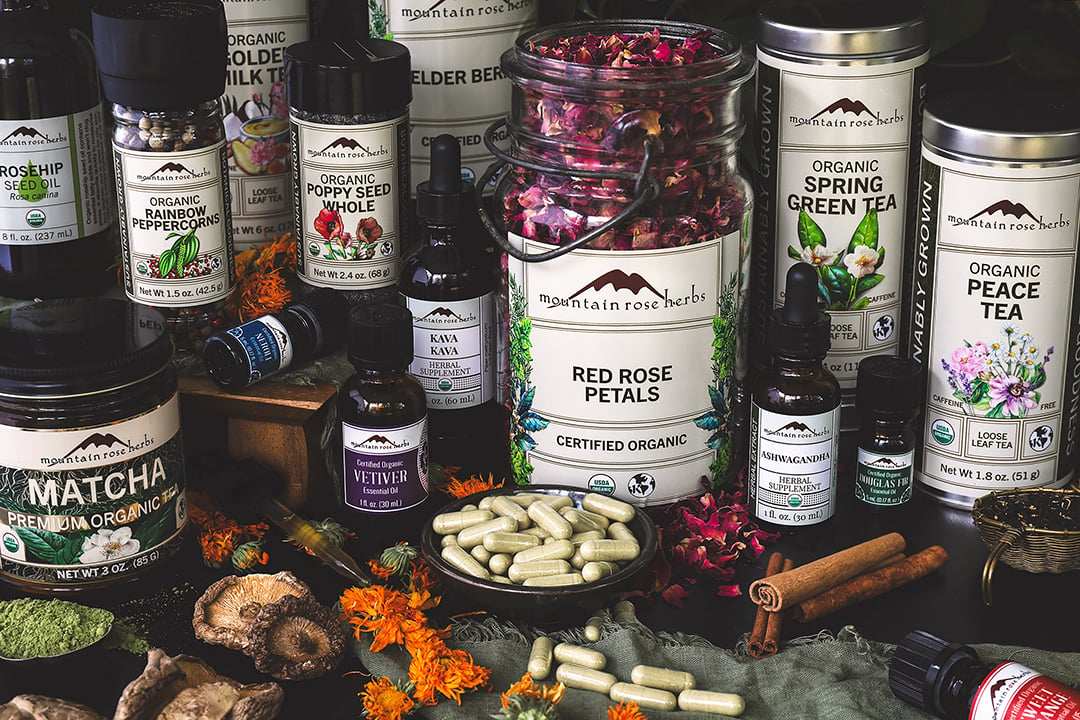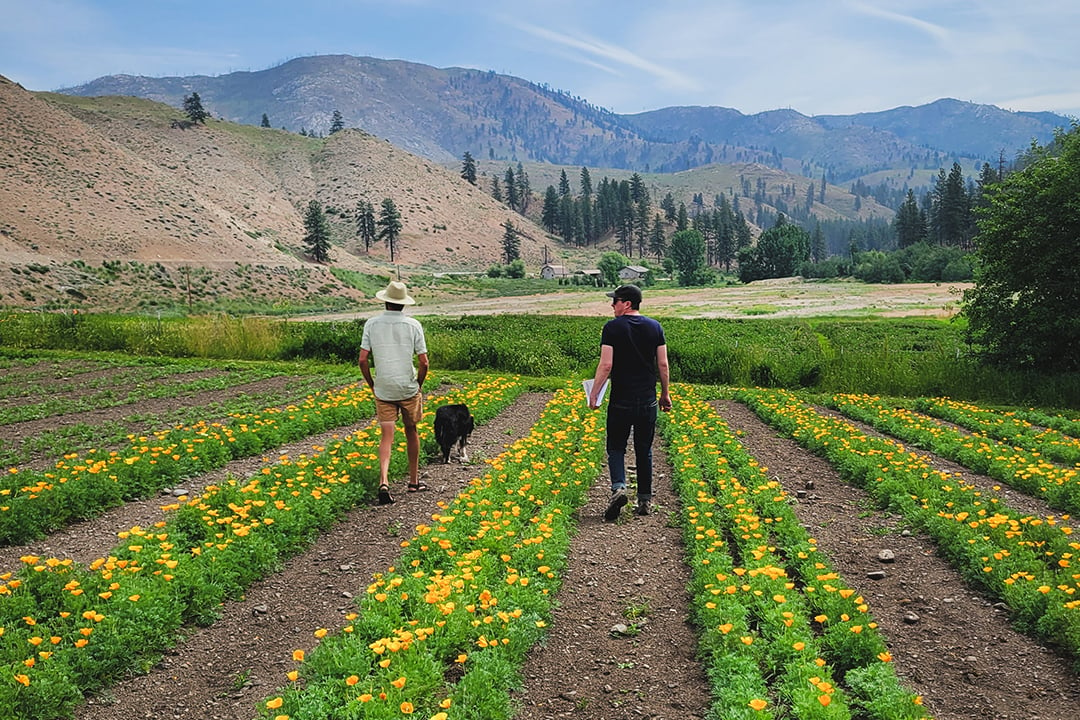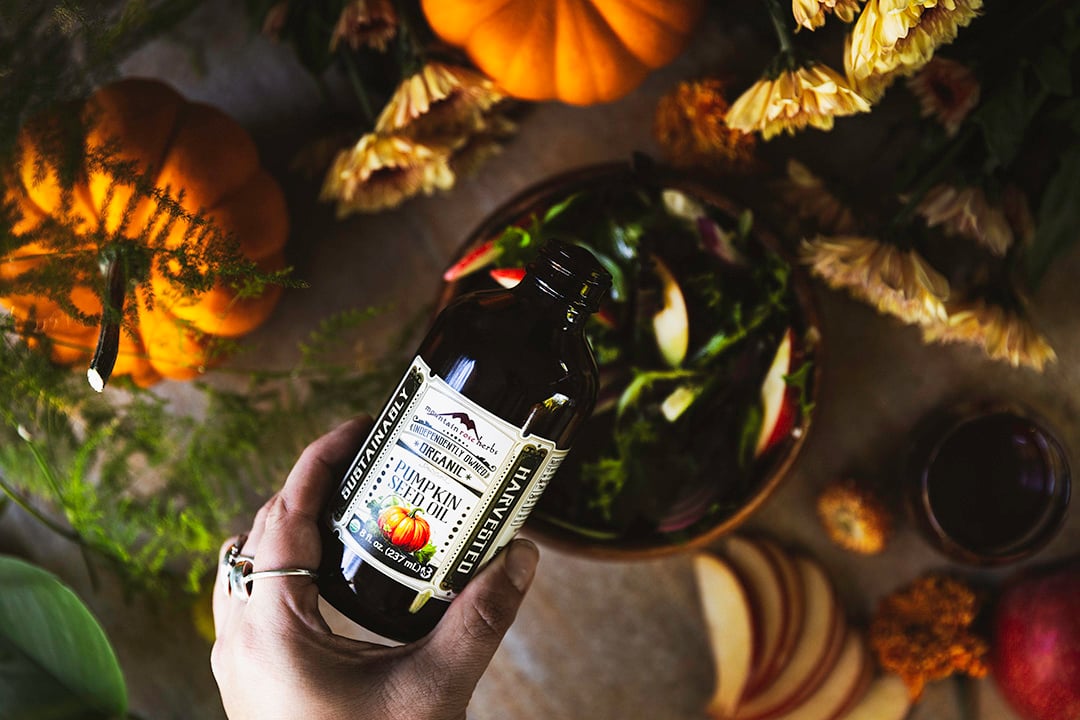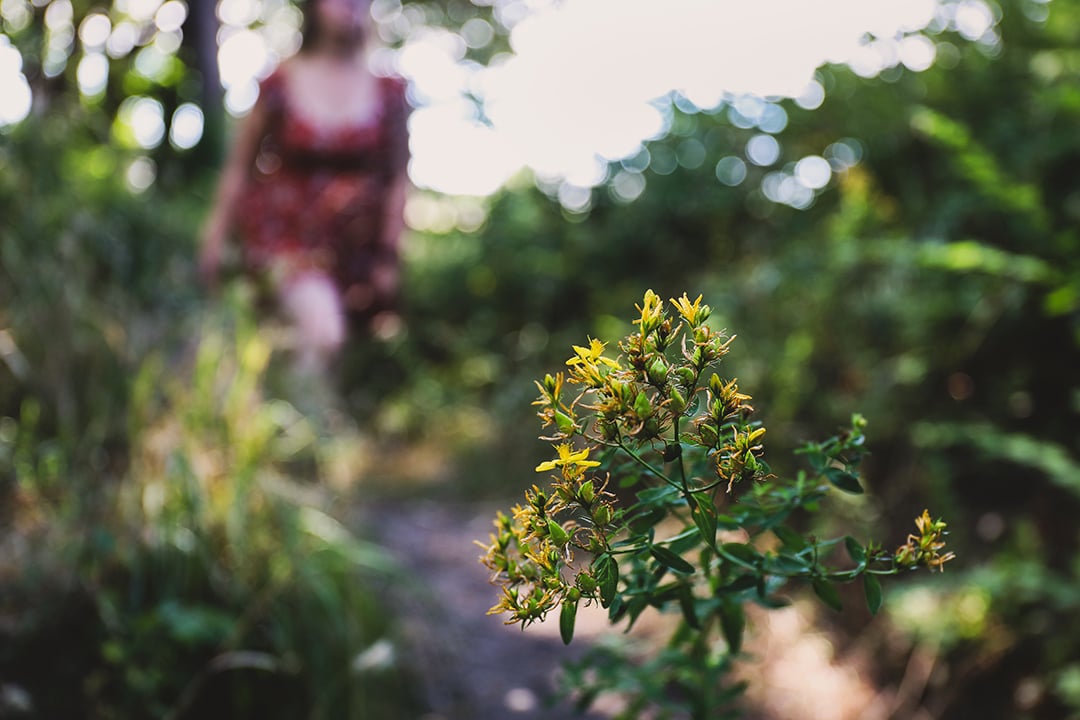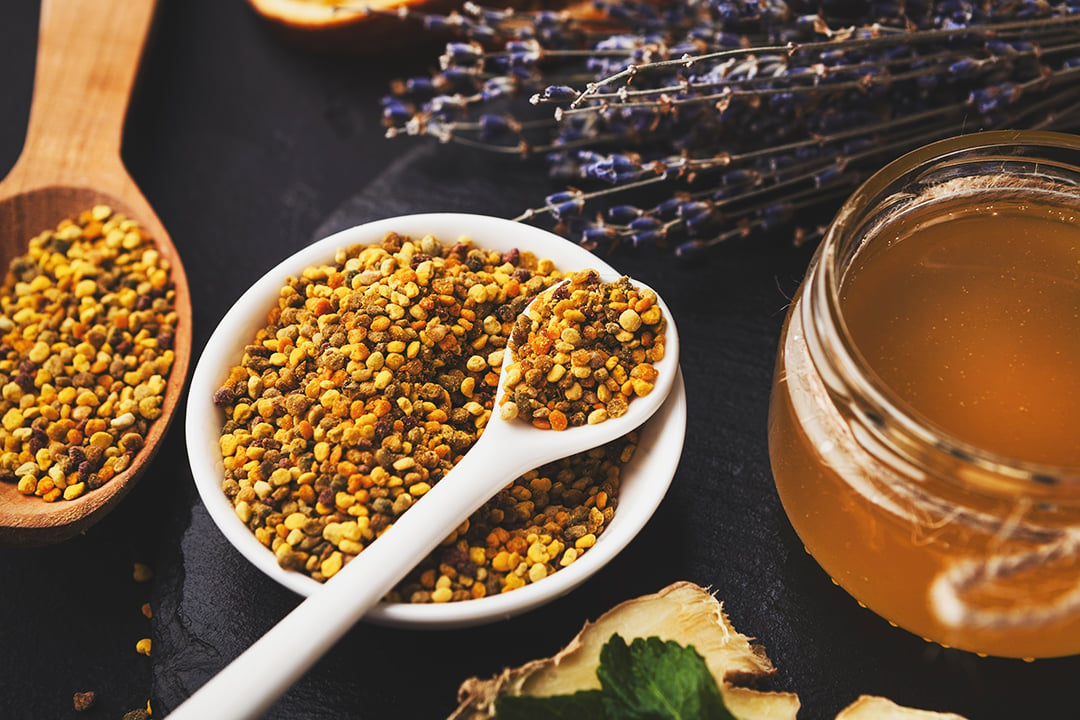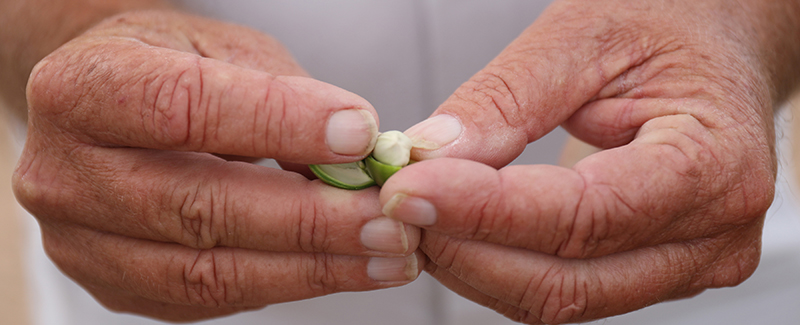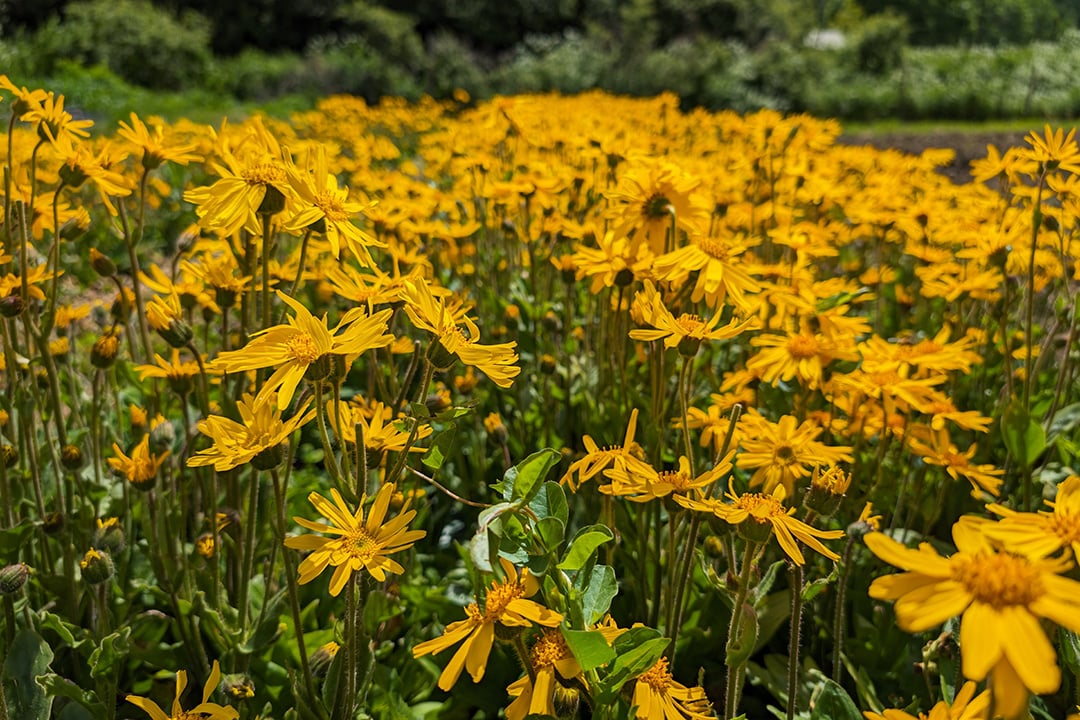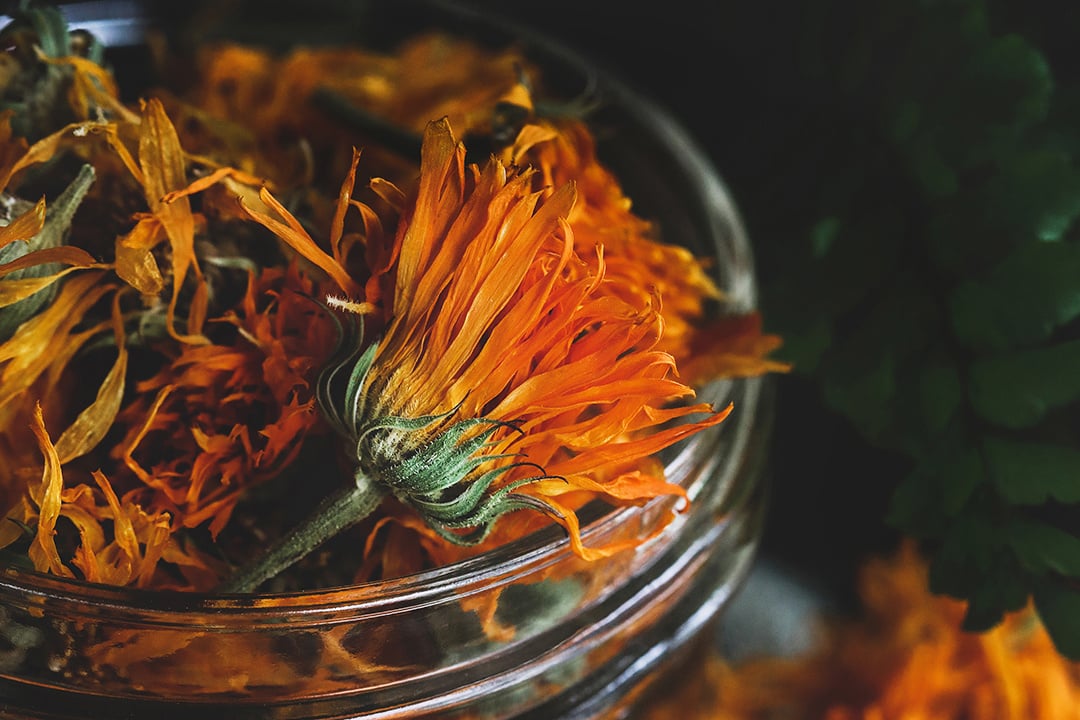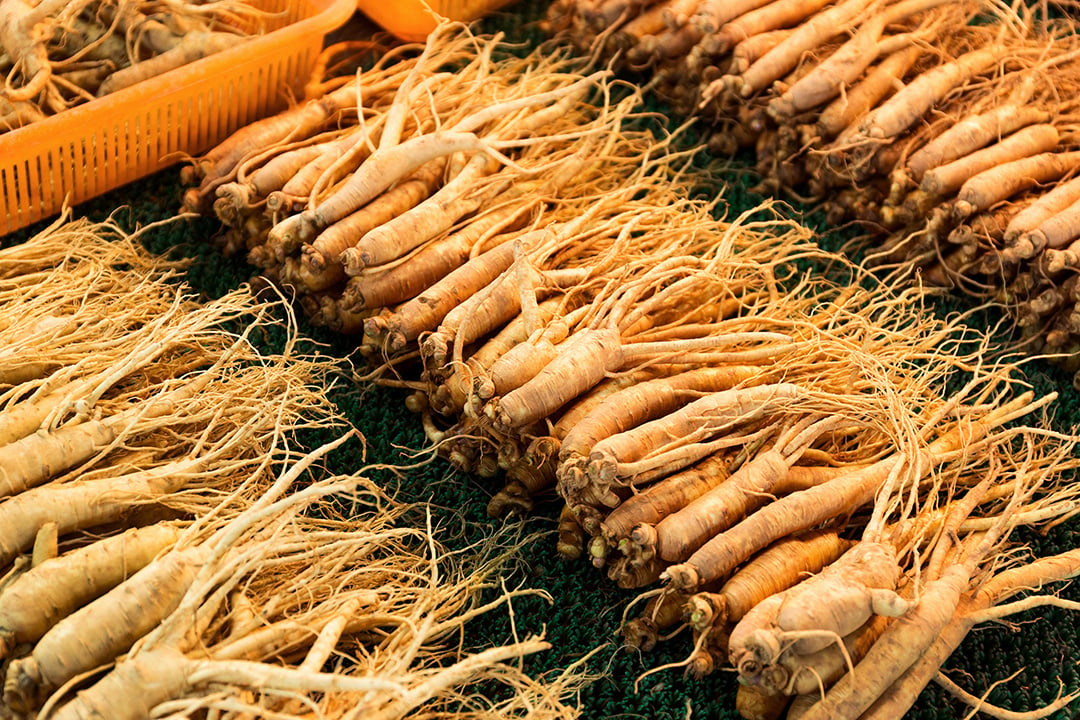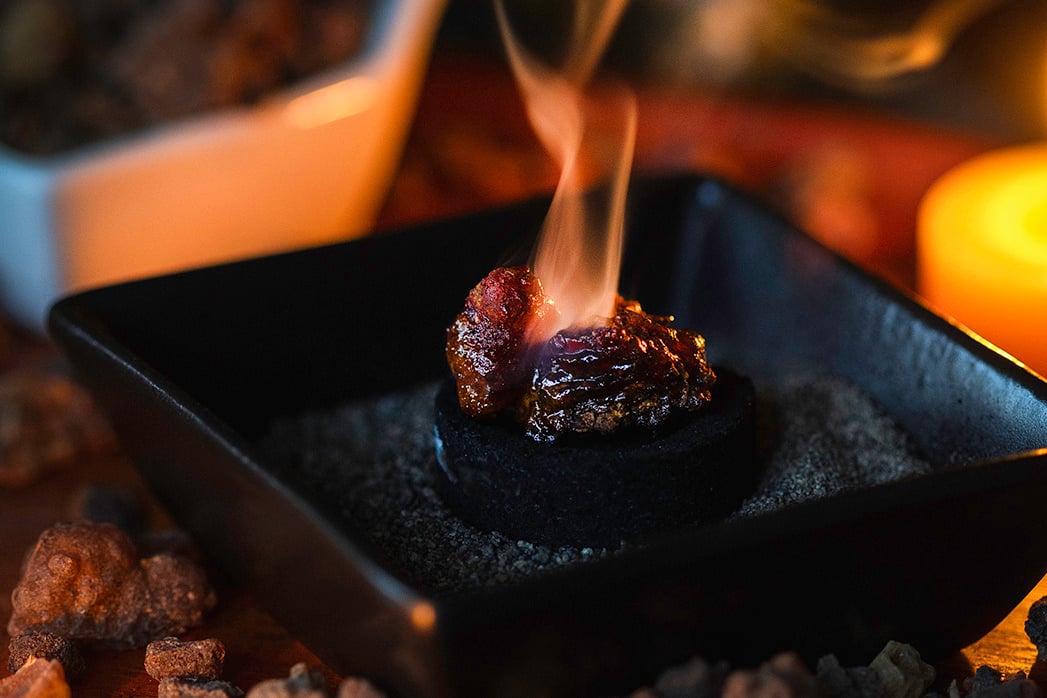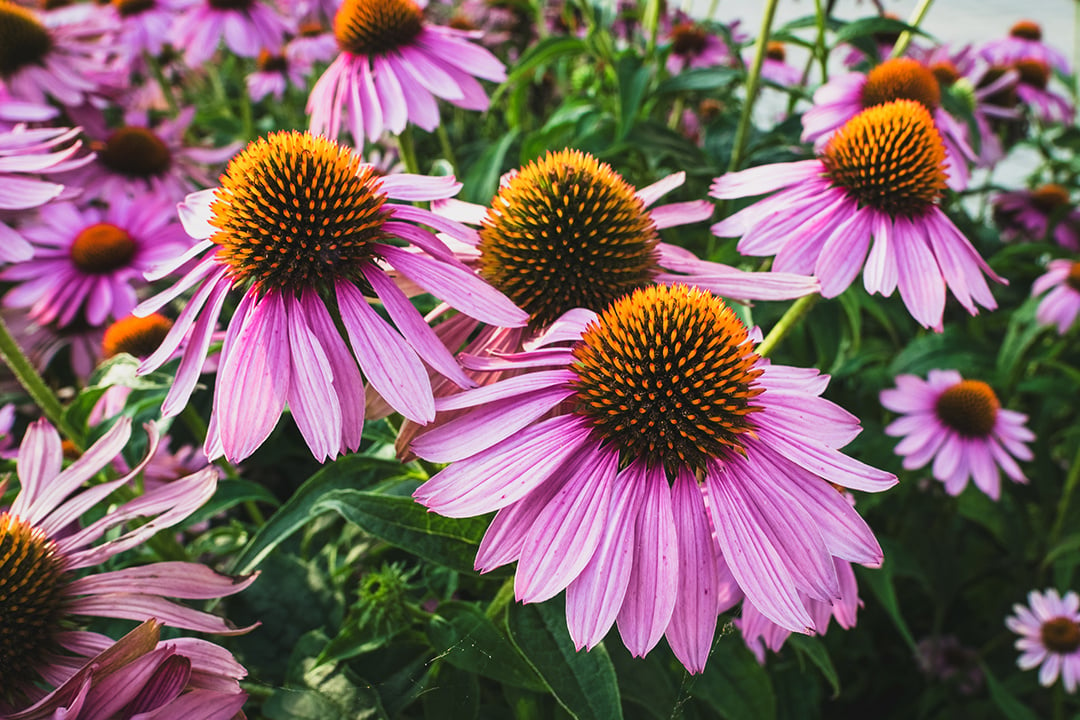In addition to ensuring customers receive fresh, vibrant, and potent botanicals, one of the core responsibilities of the Mountain Rose Herbs Quality Department is to make sure the company is operating in compliance with all current food safety practices. These rules are defined and enforced by the Food and Drug Administration (FDA) and are a critical component of our Food Safety Plan. These rules may sound like they only apply to large-scale manufacturers, but as a company that offers both food and dietary supplements, we are regulated under the very same rules.
Read MoreWe recently traveled to our neighboring state of Washington to visit several long-standing farm partners. Peppermint, spearmint, catnip, red clover, California poppy, and oats were among the botanicals we got to see, but even more important than that was getting some one-on-one time with our partners. Opportunities like this are largely possible by being an independently owned and mission-driven company that truly cares about its sourcing. These trips allow us to get boots on the ground to see how the plants are grown and also foster meaningful relationships with our partners. It is an important part of our support for domestic suppliers, while also ensuring that the quality and purity standards you expect from us are met.
There are four core aspects of our farm visits, which help provide the framework for the questions we ask and the ways we can offer our ongoing support.
Read More
Nestled in the lush and green Willamette Valley of Oregon, a generational farm is hard at work growing, harvesting, and processing pumpkins and pumpkin seeds. The farm has been growing seed pumpkins for decades, but after learning about the health benefits of pumpkin seed oil, they recently decided to expand their offerings to include pumpkin oil. Not only did this diversify their offerings, but it also helped to improve their waste stream.
Read More
In the summer of 2025, Mountain Rose Herbs had the honor of sponsoring and participating in a training seminar hosted by Appalachian Sustainable Development (ASD) at the beautiful Oshala Farm in Oregon’s Rogue Valley. It was a small, focused gathering of wild harvesters who came together to learn, connect, and share their commitment to ethical wildcrafting. This seminar was part of ASD’s Wild Stewards Program, a vital initiative that supports wild harvesters in Central Appalachia and beyond by improving livelihoods through sustainable practices, fair pricing, and access to new markets. We’ve long admired their dedication to stewarding both people and plants, and we were thrilled to help bring their expertise to the Pacific Northwest.
Read More
During our sourcing tour across Europe, we had the opportunity to experience a unique type of farm visit. This particular stop required us to suit up and engage closely with some pollinator companions—honey bees.
Read More
Meet the family whose commitment to crafting the finest organic jojoba oil in the world transcends trends and spans generations.
Read More
Arnica montana is an incredible plant called upon in our most common times of need. Specifically, arnica flowers are used topically for bumps, bruises, and muscle soreness. In other words, for basic discomforts of the human experience. It’s so effective, however, that it has made its way onto United Plant Savers’ At-Risk List.
As with all of the botanicals we carry, we are always seeking the most sustainable ways to source herbs to ensure we are engaging in a practice that is beneficial to our farm partners, our customers, and the environment. Luckily, we know some incredible farmers, and after many conversations and a years-long commitment of partnership, we were able to commission a plot of this specialty plant to be grown on a farm in Spain.

At Mountain Rose Herbs, we have always prided ourselves on a business model that supports a healthy planet and healthy people. That means always adapting to changing certifications and standards that, thankfully, are becoming more supportive of our core values and environmental stewardship principles. While the concepts and strategies behind it are not new, one of the emerging farming methodologies is Regenerative Agriculture.

Before jumping into all the amazing qualities of American ginseng, I first wanted to share a bit about my personal journey with this plant. For a long time, I did not feel comfortable working with ginseng. A big part of my herbal practice is ensuring that I’m working with herbs in a way that honors the ecological and social impacts of my choices. As you may know, ginseng is on the United Plant Savers’ At-Risk List and is also in Appendix II of the Convention on International Trade in Endangered Species list, meaning it is at risk of becoming extinct if trade is not better controlled. Ginseng has been on these lists for many years and remains a plant that continues to be overharvested and poached to the point of ecological harm. Yet over the years, several passionate industry peers have stepped up to the challenge of making ginseng sustainable and accessible while not affecting the already threatened wild stands.
Read More
The wild harvesting of botanicals is a practice as old as herbalism itself and many of the cornerstone products here at Mountain Rose Herbs are collected in this tradition. These important herbs may come from the temperate mixed forests of Eastern Europe, shrublands of Africa, or closer to home in the Appalachian Mountains of the United States.

Organics is not a new concept—it's how humanity sustained itself for millennia. There was a time when we didn't question whether our food was laced with chemicals or genetically altered, yet here we are, living in an era where "organic" has become a movement rather than the norm.


